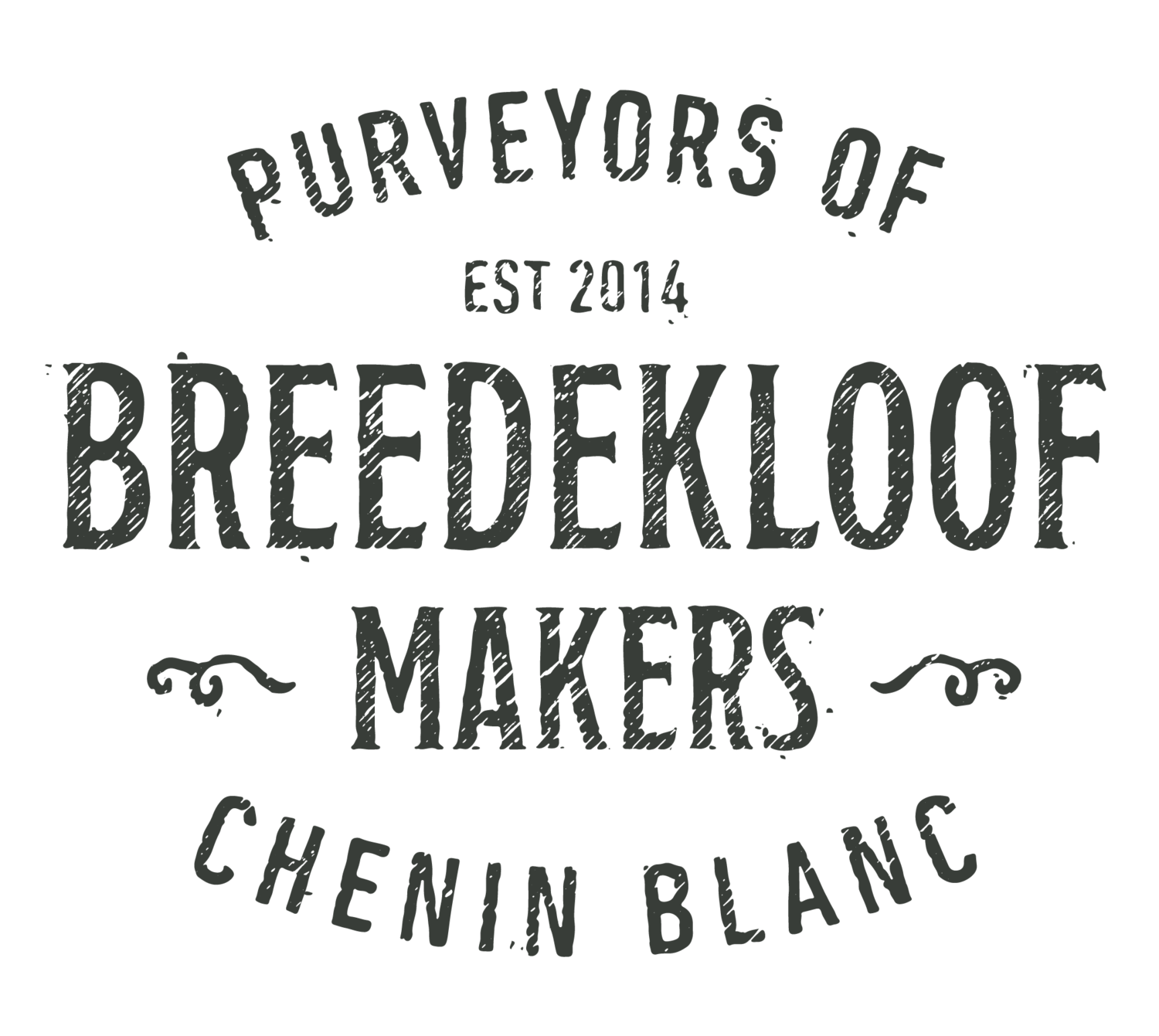Breedekloof focus on Sustainability
As a means to support WoSA’s CapeWine theme this year, we asked the questions that matter in relation to Breedekloof’s Sustainability.
What does Sustainability mean to the Breedekloof Makers?
“The simple fact is, we cannot assume that nature and the environment is an inexhaustible source of recourses, and that it is subject to protection and rational use. We have a huge responsibility to steward these gifts handed to us.” Breeland
“The emphasis on sustainability is not only in the environmental sense. Sustainability means relying on your workforce to help you create an environment that they can also be proud of. It means equipping your community with all the tools needed to break boundaries and ensure a brighter future for themselves.” Merwida
“Applying sustainability in the production of wine grapes means focusing on integrating three main pillars namely a healthy environment, economic profitability as well as social and economic equality. As producers, we strive to meet society's current needs while keeping future generations' needs in mind.” Du Toitskloof
How are we currently securing a sustainable future for the people who work in the Breedekloof wine industry?
“We train our staff to understand the importance of sustainable farming, caring for the soil, environment and community. We create a work environment where people can be themselves and be happy in their work. It’s building the ethos that we’re not just another farm, but a place where you can develop character and learn new skills, skills important to sustain our vineyards, improve our wines and build our brand. We all feed off the land. If we all take care of it we can all go forward. As important as it is to have consistency in our team, we also believe in preparing for the future by inspiring new members to want to be part of our future.” Olifantsberg
“We’ve been Fairtrade accredited for 17 years. Fairtrade is one of the largest and most diverse movements for change, focusing on the elimination of poverty by ensuring producers receive fair prices for their produce and workers receive fair wages for their labour.” Du Toitskloof
“We are 100% Fairtrade accredited, which helps put systems in place that allow communities to decide what their needs are, whether it be skills development, education, better housing, or social support. By allowing them to decide exactly what they need, you are providing them with a sense of belonging and importance.” Merwida
What type of sustainable practices/farming methods/winemaking techniques are we currently implementing to ensure sustainability?
“Sustainability is integrated into all our business goals and improvement will always be our motto. We comply with the IPW guidelines, and our wines are IPW certified. There’s yearly monitoring of our carbon footprint, water usage is monitored with the aim to produce more wine with less water usage. Winemaking techniques are evolving and we are using more natural fermentation and partially whole bunch fermentation under a controlled environment.” Botha
“We are part of Africa’s largest vine nursery that has close links with vine nurseries in Europe and the US, and forms part of the South African Plant Improvement Scheme (Plant SA), the national body that monitors and controls plant material quality. Bosman Adama is running two trial vineyard blocks. The first project, established at Breeland, Rawsonville and Lelienfontein, Wellington, involves the evaluation of a selection of disease-resistant varieties, many of them imported over the past five years, from Europe and the US. This year, the first wines were produced from this initiative.” Breeland
“A bigger shift towards regenerative farming where movement with tractors and implements are kept to the minimum. Mulching and cover crops have always been important to us and we try and diversify our cover crops as much as possible. We look at soil health in more depth by inoculating organisms that promote soil health. This we do twice a year. We call this ‘bio-management”.
We have been working with live insects in our vineyards for the last 4 years, releasing predators to control things like mealybug and other general vineyard pests. We farm our vineyards in such a manner that if something drastic will happen with climate change they will be able to adapt.” Olifantsberg
What does Prosperity look like in the current economic climate for Breedekloof farms, wineries and their workers?
“The quality of our wine remains our focal point and we are proud of what we have been able to achieve. We continue to set high standards and expectations for ourselves to stay relevant in an ever-changing environment.” Mountain Ridge
“It’s a holistic approach. Business can’t be successful without a sustainable farm/vineyards/product. The land can’t be sustainable without its custodians. We want to achieve prosperity by taking care of the social environment in our business, working smarter and thinking outside of the box.” Olifantsberg
“For us, prosperity in our current economic context would be to be able to survive as a small family vineyard and to offer financial security to our farm and cellar employees. It would also mean the opportunity to expand and provide more job opportunities to our community.” Kirabo


